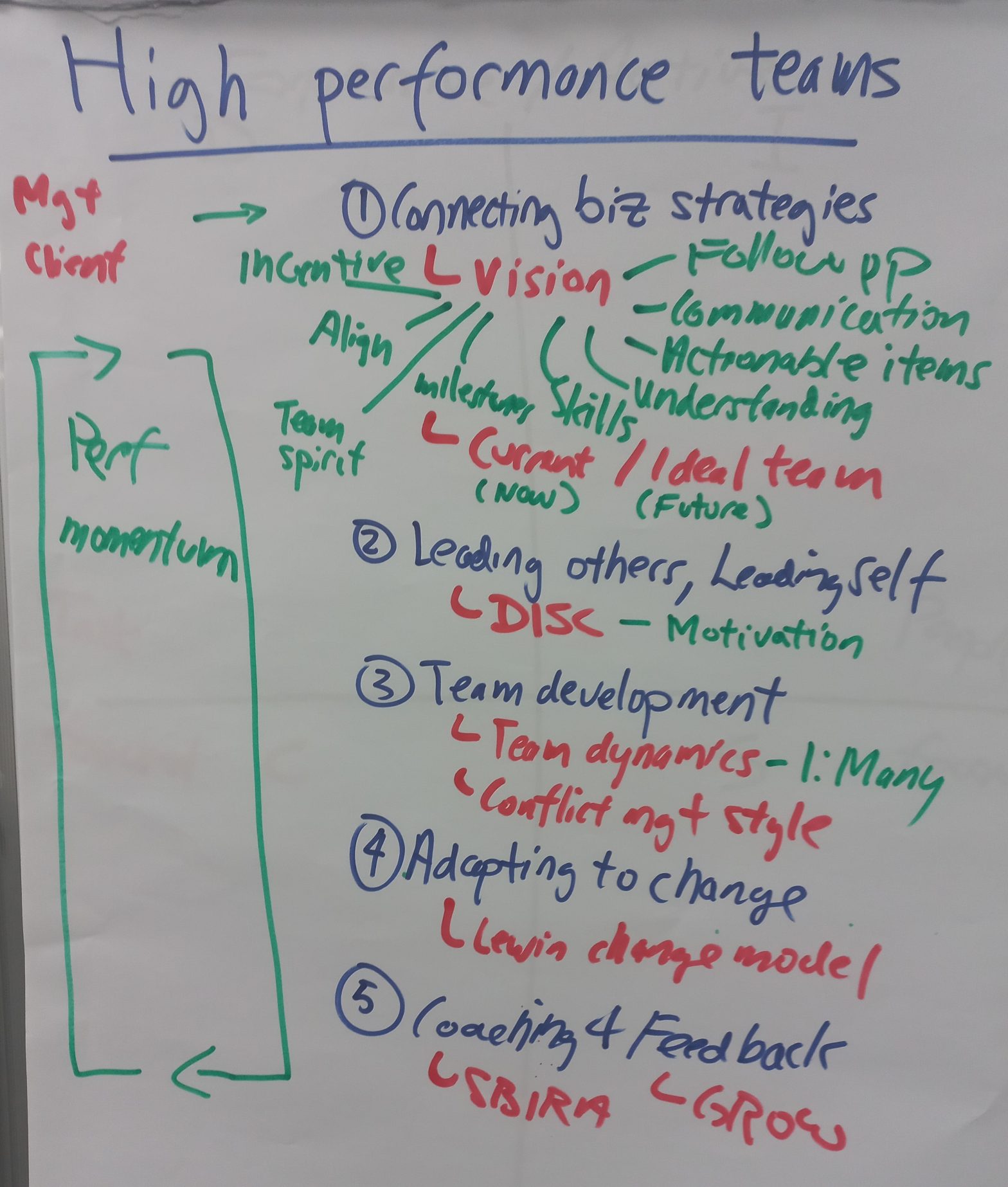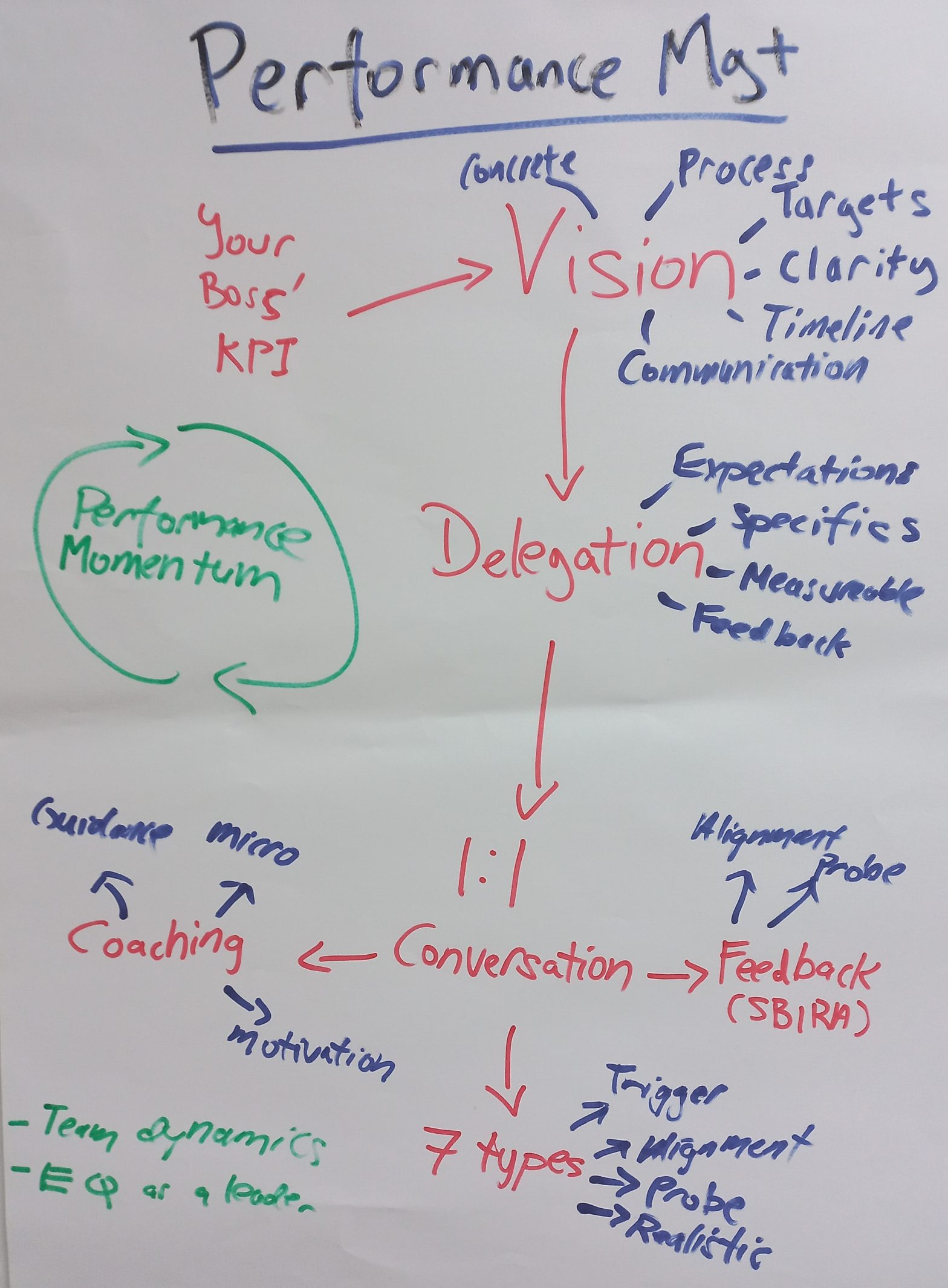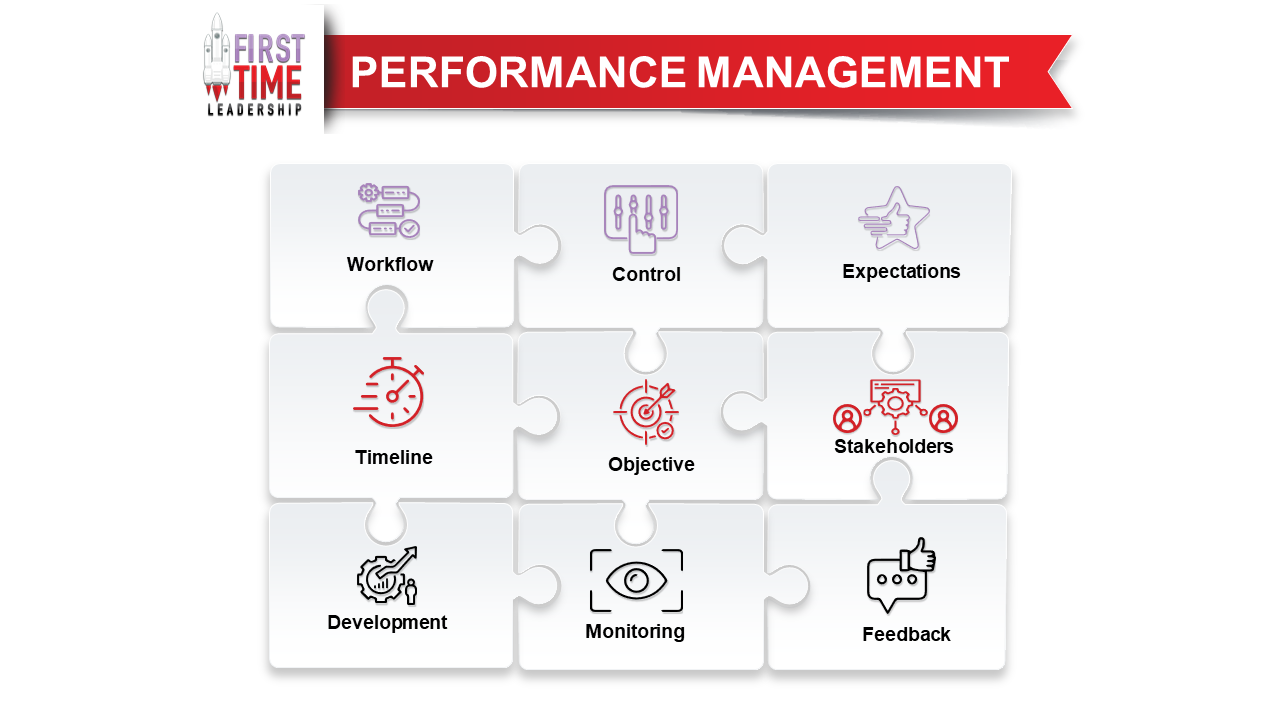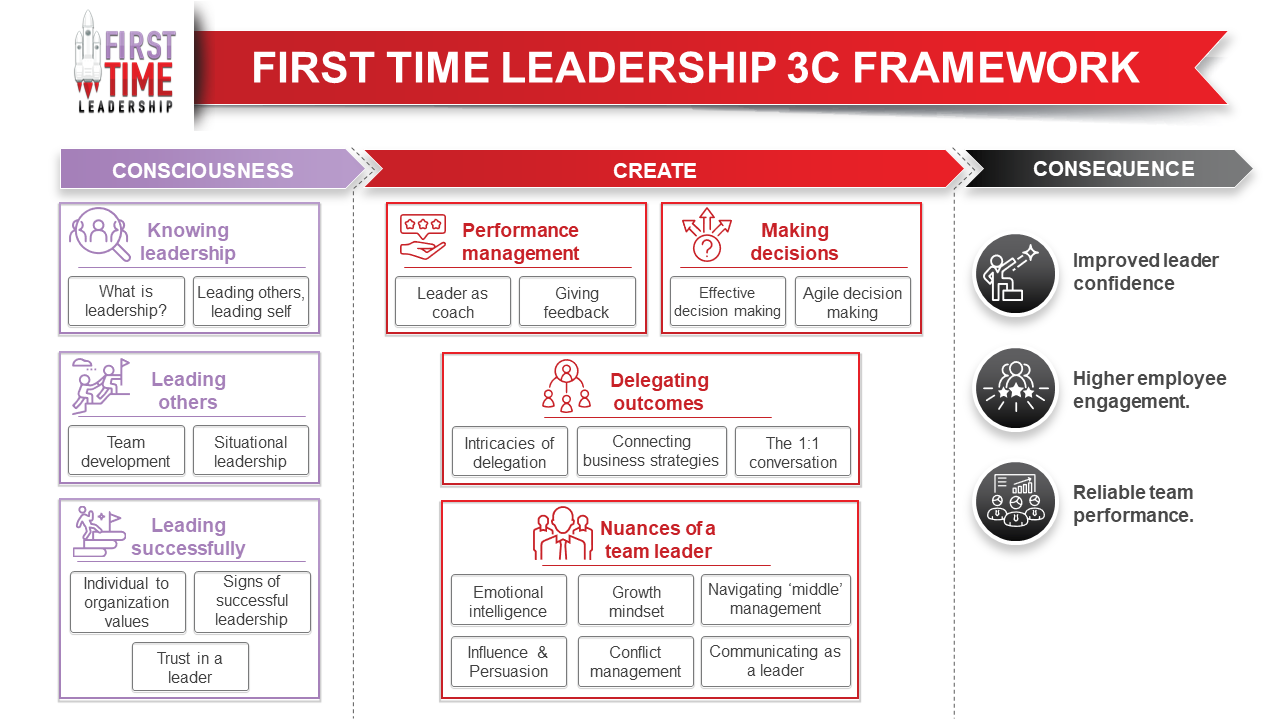Your team leader matters more than you do
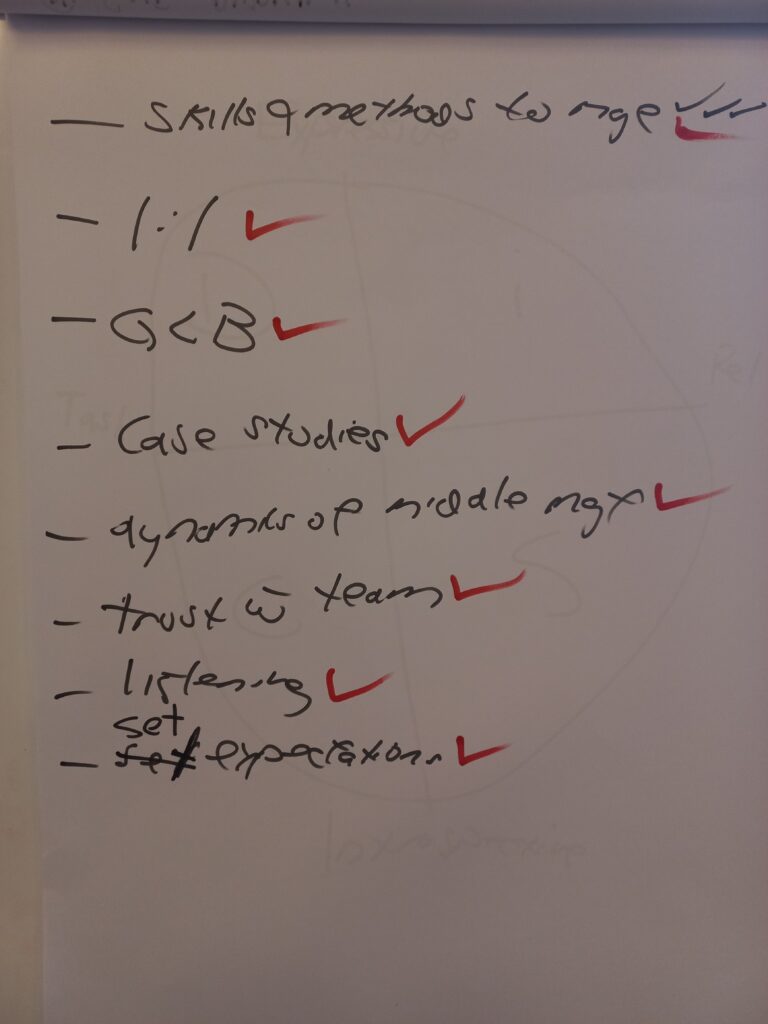
If you ever wonder why a team operates the way it does, just have a good look at their team leader.
Never discount the impact a team leader has on their team when it comes to Trust, Reliable performance, Psychological safety, and Culture.
On 16th May, day 2 of my 2nd First time leadership workshop with a German automobile company, my participants concluded the significant role a team leader has in those four areas.
Trust
Trust is the currency in which successful teams are built. A successful team leader understands that trust is a two way street. One has to trust, and the other has to be worthy of that trust. Their job is to build high levels of trust with the team, so that leading them through the range of leadership and management activities becomes smoother.
Also, a team leader knows that the longer game of building trust is to bring about the desired level of reliable performance from their team.
Reliable performance
Every team leader wants a team that delivers results reliably, and they typically do that through 1 on 1 conversation, setting goals and expectations, providing feedback and coaching, supporting the team, etc. Trust is what allows a leader to get feedback and timely communications from the team.
If a team leader is not focused on building trust, many of the management and leadership activities necessary for reliable performance will experience friction. And they scratch their heads wondering why their team operates the way it does.
Psychological Safety
Is a team leader task or relationship focused, expressive or introspective? By nature we tend to surround ourselves with like minded people. By nature of a workplace, can such subconscious behaviours be tolerated? The team leader, by extension, creates an environment that works smoothly for them. The thing is, what is psychologically safe for one, is not necessarily the same for another.
Culture
Finally, I got my participants to analyse the characteristics of the teams they themselves report to, and they concluded by realise that the team’s culture is an extension of the team leader’s personality. If the team leader is friendly and collaborative, then the team culture is likely as well. It made them see the role they play as team leaders, and why they should have a variety of different personality types working within their own teams.

Conclusion
The impact of the team leader on trust, reliable performance, psychological safety, and team culture is significant. No team is perfect, just like no human is perfect. There will always be areas of improvement. The key is for the team leader to be aware of the light and shadows they cast on their team.

